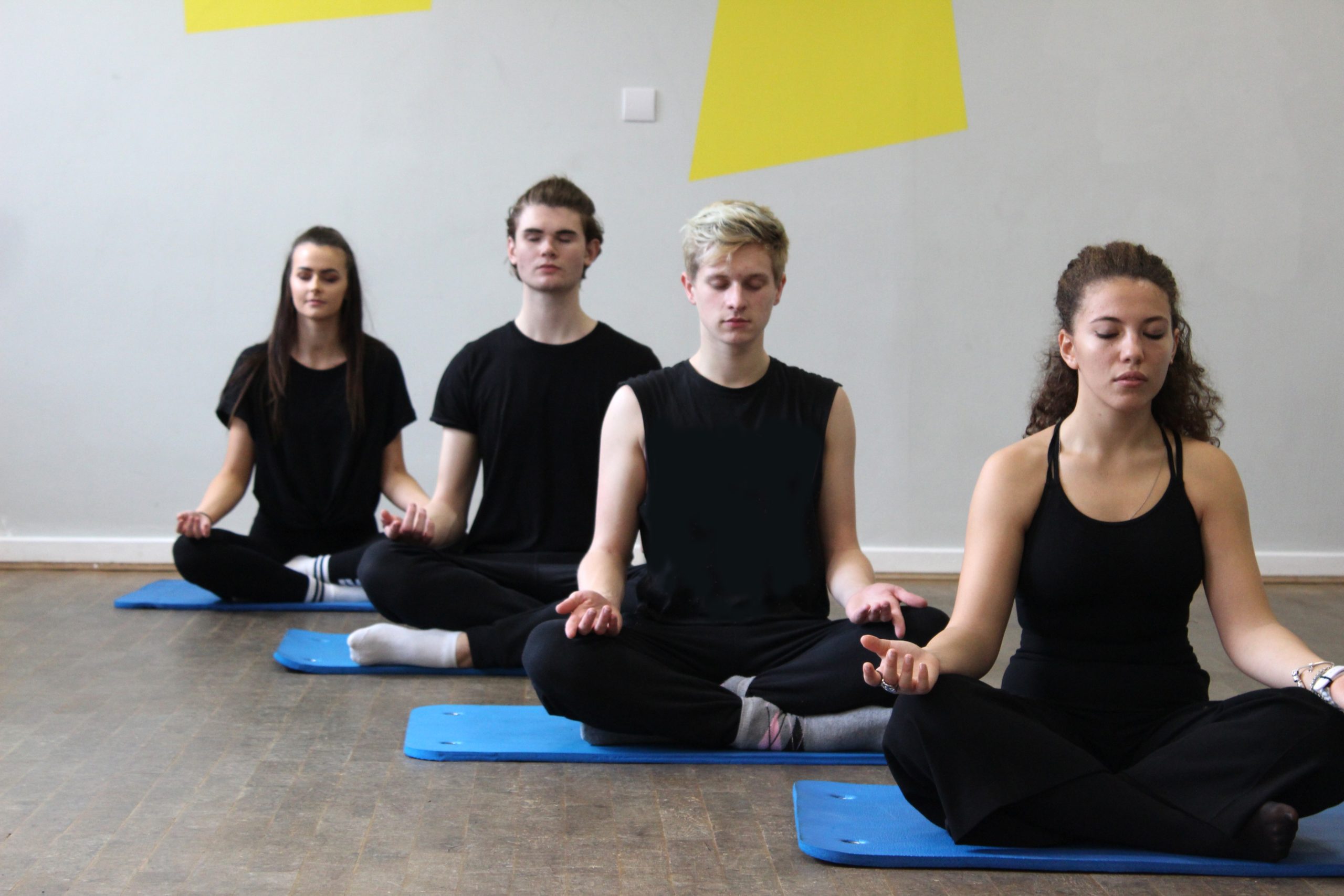For our first post in the Mindset Series, we’re going to be looking at meditation. A simple practice that is used by countless people all over the world.
In this post, we’ll explore some of the benefits of practising meditation and how you can start yourself at any time.
Meditation is one of the simplest practices you can do to improve your mindset, as you don’t need any equipment or teaching to be able to engage in the activity by yourself.
However, it being simple doesn’t mean it’s easy – training your brain to stay in the present moment is a discipline that takes a long time to learn.
Thoughts can pop up in a second and before you know it you’ve run away with them, planned what you’re having for dinner and thought about what to watch on Netflix that evening.
How to practice
There are many ways to practice meditation, but in its simplest form meditating is the act of sitting in silence and focusing solely on your breath, allowing your mind to be still.
By focusing on your breath whenever the mind wanders, you train your mind to exist only in the present moment, disregarding troubles from the past or worries of the future.
Other ways to meditate include Guided Meditation, Mantra Meditation, Tai Chi and Yoga. Different forms of meditation can benefit individuals in many ways, you may find some work better than others.
The best way to find your preferred practice is to meditate regularly and notice what you respond to.
So how do you start? There is no ‘best way’ to learn to meditate – it’s such a simple exercise that it’s best to just sit down and give it a go. Here are some simple steps to get you started.
- Take a seat in a calm and quiet place
- Set a time limit that suits your needs – for beginners, five to ten minutes may be best
- Notice your body and make sure you are sitting in a stable and comfortable position
- Feel the sensation of your breath going in and out
- Notice when your mind has wandered – it’s inevitable that your attention will leave your breath.When you realise this has happened, simply bring your mind back to your breath and the present
- Don’t judge yourself when you find your mind wandering, just come back
- Close with kindness – notice how you feel as your practice comes to a close, and gently bring your awareness back to your environment before moving on
It really is as ‘simple’ as that, you can practice as often as you wish to improve your focus.
If you’re looking for more information on the beginning of your meditation journey, the website Mindful has a lot of useful information for beginners.
There are plenty of resources out there to help you with your meditation. Apps such as Headspace and Calm are some of the most popular for guided meditations and have plenty of options depending on what kind of meditation you’re looking for.
If you’re anything like me, and sitting down for long periods is a big struggle for you, then practising Yoga frequently is a great way to introduce mindful practice into your life.
Since introducing yoga into my daily routine, I’ve noticed it has an immense impact on my mental and physical wellbeing. On days when I cannot focus or find myself with negative feelings getting in the way, practising yoga helps me clear my mind and confront my feelings, giving me the headspace to move on with the rest of my day.
Meditation is not an easy practice – sitting with only yourself and your thoughts is challenging for everyone at first. I find yoga easier as it gives me one more thing to focus on; the combination of executing the moves alongside focusing on my breathing helps me achieve a clear mind, which usually leads me to have a more successful meditation.
If you’re looking to introduce yoga into your life with daily practice, Yoga with Adriene on youtube is a great place to start as she has videos for all levels – her 30 days yoga journeys are perfect to get you in the flow of things.
Why should you meditate
We’ve covered the how, now you might be wondering about the why – what is the point of meditation?
It can be hard to see what sitting quietly with your thoughts is going to do to benefit you, but meditation is a practice that has been used for hundreds of years.
Scientists have been able to research the various benefits for people that practice regularly. Just a few of these benefits include:
- Reducing stress and controlling anxiety
- Improving focus
- Increasing creativity, imagination and patience
- Understanding your emotions/pain and improving overall self-awareness
A more recent scientific study also shows that meditation can actually change your gene expression. Regular practice ‘turns on’ genes that improve our body’s resiliency and reduce vulnerability to disease. All these benefits from such a simple practice.
Meditation really is an excellent practice to bring into your life. You can achieve countless benefits from such a simple activity.
I can personally say it’s had a huge impact on my wellbeing, and the research shows it’s benefited others all over the world as well.
I have linked a number of resources below in case you want to do some further reading. Why not try meditating now if you have 10 minutes to spare, you might be surprised how it goes.
Useful Links:
Scientific Research – Meditation changing gene expression
Best Meditation Apps – Women’s Health
12 Benefits of Meditation – Health Line
Author: Charley Morgan, ICTheatre Graduate 2020

